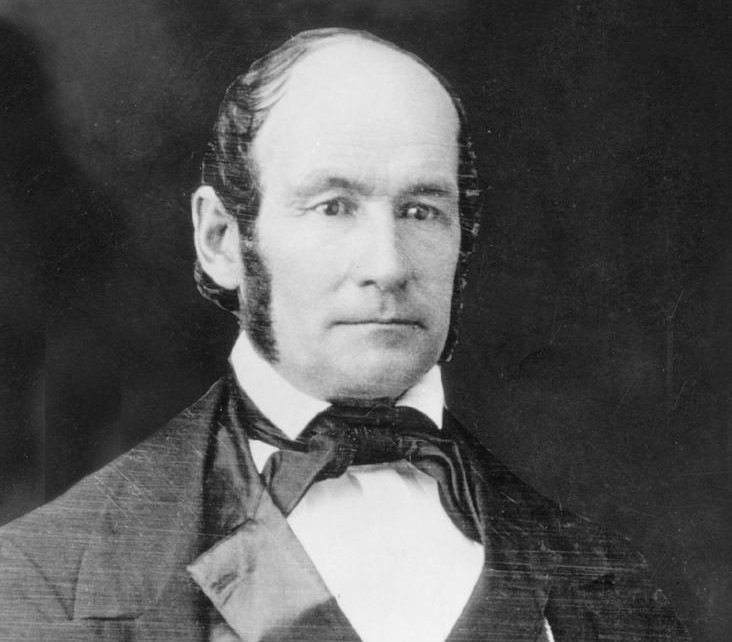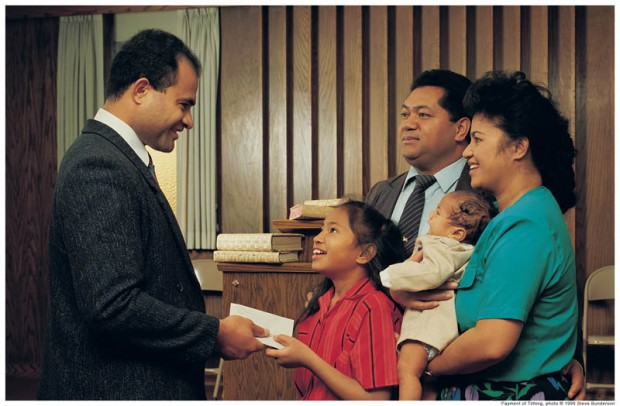Question
Gramps,
Could you have the faith Heber C. Kimball had? First he was asked to share his wife with Joseph Smith. He agrees only to be told it was a test of faith. Then after passing that test he is asked to give his 14 year old daughter up to marry Joseph. This time it’s not a test nor is it a ceremonial marriage. In thinking on this, I don’t think I have that level of faith. I could not give my daughters to men they did not choose for themselves nor loved. I want to develop my faith, but is there a line between faith and blind obedience? Can we make it back to the Father if we lack the faith of a Heber C. Kimball?
Concerned
Answer
Hello Concerned,
In Doctrine and Covenants 101:4 the Church is taught a hard doctrine: we “must needs be chastened and tried, even as Abraham, who was commanded to offer up his only son.” The requirement that we at least be willing to offer up that which we hold most sacred is reiterated, perhaps fittingly, in the revelation on eternal marriage: “Go ye, therefore, and do the works of Abraham; enter ye into my law and ye shall be saved.”
Heber C. Kimball took this counsel to heart, perhaps more zealously than most. By the time he learned about eternal marriage and was asked for Vilate’s hand, he had already served a highly successful mission in the British Isles–a mission in which Joseph Smith’s unlikely promise of success had been fulfilled beyond Heber’s wildest dreams, and a mission which began inauspiciously with Heber, so ill he could barely walk, leaving his bedridden wife and destitute children at the Church’s new fever-ridden settlement in Illinois.
That’s the important principle to remember here: Heber’s submission to Joseph’s test was not blind obedience. It was an exercise of faith, to be sure–but a faith informed by prior spiritual and physical evidences that Heber had received confirming Joseph Smith’s calling.
Regarding Heber’s daughter Helen: she later recalled that once Heber understood the sealing covenant and its eternal implications (an importance confirmed by a revelation Heber’s own wife received, by the way), Heber himself sought to have his family bound to Joseph’s by proposing the marriage between Joseph and Helen–subject to her consent, of course.
Heber C. Kimball was prepared to make tremendous sacrifices because he learned line upon line, precept upon precept. It seems unlikely that the kinds of things asked of those early Saints would be asked of us today. But it is important to learn the principle of consecration; trusting all the while that “There hath no temptation taken you but such as is common to man: but God is faithful, who will not suffer you to be tempted above that ye are able; but will with the temptation also make a way to escape, that ye may be able to bear it.” (1 Cor 10:13)
Gramps







